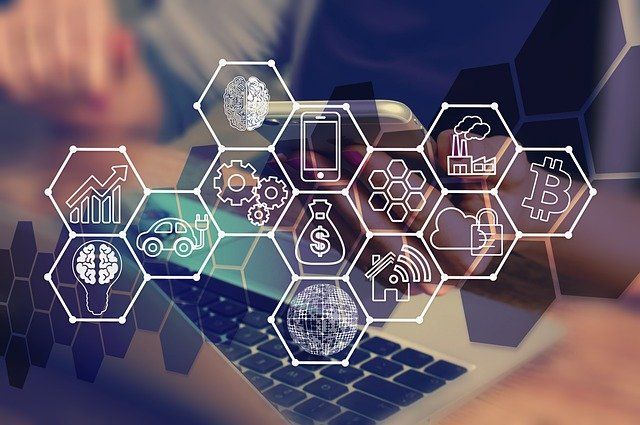Education is the primary building block of a society. Education plays an important role in balancing the socio-economic fabric of society. It also acts as a driver in developing one’s skills and contributes to reducing poverty and achieving peace, stability, and gender equality. Education teaches the value of discipline to individuals. Education enables individuals to express their views more efficiently and effectively. Educated individuals explain their opinions in a clearer manner as compared to uneducated ones.
With the advancement in technology, the medium for education is also evolving. Education, as we know, is evolving from being confined to just classrooms and books to online lectures and e-libraries. Learning has come up as an alternative for providing an educational platform to students and teachers. This has helped the teachers to reach students around the globe. Online teaching sites help the students to connect with teachers virtually. Just with the help of a browser, students can take online classes on whichever topic they like. The boundaries of confined learning are pushed as the student is now able to gather information on any topic irrespective of the field.
LMS portals are designed for administrators and content creators to create, distribute, and manage training content. LMS portals make it easier for the school and teachers to maintain a digital repository of the class recordings, student assignments, attendance, and performance. It helps better analyze the ability of students, their understanding of subjects and further make plans on how to improve their results. Online education through the LMS portal helps reduce the cost of infrastructure required. The expenses such as electricity bills, maintenance of the building, and assets are significantly reduced. As this technology is evolving rapidly, teachers are now able to teach from home making the process more efficient.
Online education can also be considered environment friendly as the documents or pdf for the handouts are digital, therefore no one has to worry about printing them out in bundles. This way, the content of the handouts can be edited very easily which is not the case with printed ones. This comes with another benefit, that is less expenditure of money as well as time. It also helps keep up with the deadlines and events, helps efficiently notify the students about their schedule and tasks.
ERP meaning is Enterprise resource planning and these systems are used by institutions to modernize and upgrade planning and management processes related to enrollment of teachers/students, scheduling lectures, library, courses, etc. ERP is an automated platform that helps in managing and processing data on large scale more effectively and efficiently.
Benefits of ERP system in education:
- Better student management: Automated attendance, student course, student syllabus, assignments, student mark sheet, etc., can all be managed through the ERP system. ERP system is able to generate reports related to such requests. Without an ERP system, these processes would be done manually and would not be efficient.
- Fee management: ERP systems can generate reports of each transaction made by students while submitting their fees. It can also notify when the fee is due and can automatically impose a fine if the fee is submitted late.
- Course management: ERP can be used to create and manage the courses defined by the institution. This may include the syllabus, lectures, notes, credits relating to a course. Creation and management of student timetables are also made easier with ERP.
- Examination process: ERP helps to manage notifications related to examinations to send to teachers, students, and invigilators.
- Communication and feedback: Students can provide feedback to teachers or management which would help in providing better quality education and help solve their issues more efficiently.
Technology in education is a positive step towards a better learning experience and better management. LMS portals and ERP help reduce the effort of managing the educational institutions as the same task can now be done just by the click of a button. They reduce human workload while being more efficient.




